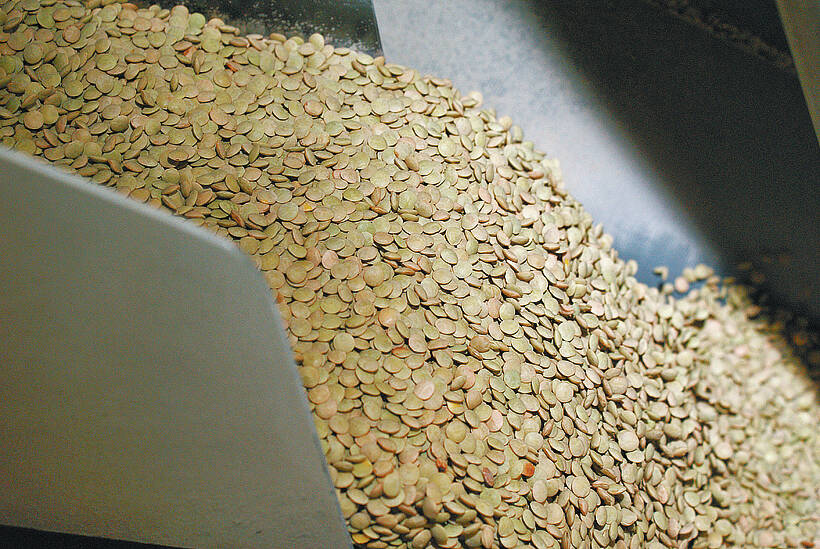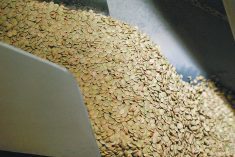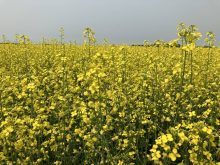Saskatchewan farmers are expected to have access to a provincially regulated carbon offset market this year.
And one industry official involved in Alberta’s carbon credit market expects they will embrace the new program.
“I think the uptake will be very good as long as farmers see reasonable commissions, reasonably short payout periods and a transparent marketplace,” said Anthony Weisshaar, president of Terra Verde Emission Credits of Regina and Calgary.
“In fact, if farmers feel comfortable and the process is simple, we could have a huge uptake.”
Read Also

Green lentil market oversupplied
Farmers in Western Canada can expect price pressure on their new crop of green lentils, as the available supplies among the world’s major lentil-growing nations increase significantly.
The Saskatchewan government is expected to introduce climate change legislation this year, which would include provision for offset credits and trading in credits and establish a fund and a foundation to finance research and development into low carbon technology.
It’s expected to be similar to a program that has been in place in Alberta since 2007.
“We’ll likely work closely with Alberta to align our system with theirs to some extent,” said Kim Graybiel, director of the climate change and strategic planning with Saskatchewan Environment.
“A lot of companies operate in both provinces so having similar rules would be convenient and practical.”
However, he said nothing has been set in stone, and upcoming consultations with industry and public stakeholders will be crucial in determining the final shape of the legislation and regulations.
“The government’s intention is to get this done this year,” he added.
In Alberta, greenhouse gas emitters are required to offset their emissions by either paying $15 per tonne of greenhouse gases into a technology fund buying Alberta-based offset credits, including agricultural credits, or creating operating efficiencies in their plants.
Emitters can buy any combination of offsets as long as they reach their annual compliance targets.
“There are some advantages to the Alberta model for Saskatchewan,” said Blair McClinton, executive manager of the Saskatchewan Soil Conservation Association.
However, he said the details of how it will work is speculation until legislation is passed.
“It’s a very political issue and a lot of things could derail the legislation,” he said. “There seems to be progress but unforeseen things can happen.”
He said a lot of the rules and regulations have yet to be finalized, such as the value of carbon, retroactivity of sequestration and whether previous activity on the Chicago Climate Exchange will affect a farmer’s ability to participate.
“Right now there are lots of questions and not a lot of answers,” he said.
Under the Alberta system, a company emitting one million tonnes of greenhouse gases would have to offset that by buying 12 percent, or 120,000 tonnes, in carbon credits.
Besides the tillage carbon credit market in Alberta, other agricultural projects include methane capture off lagoons, reduced days of feed in the cattle and pork industries and nitrogen dioxide reduction in fertilizer application.
Weisshaar said the Alberta system has advantages over carbon trading on the Chicago Climate Exchange, including higher payments, no mandatory holdback, lower commissions and more timely payments.














